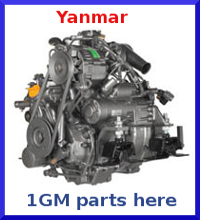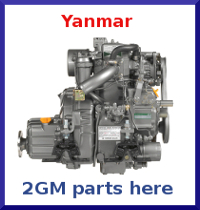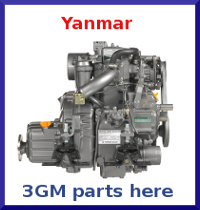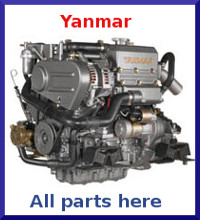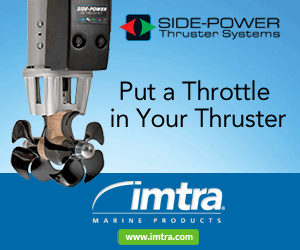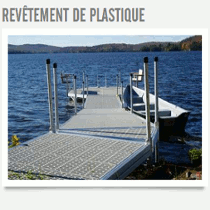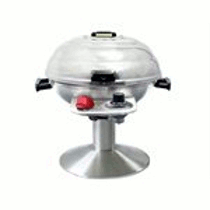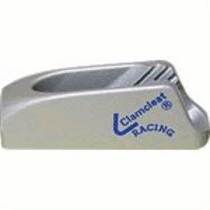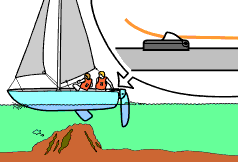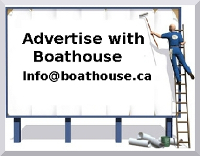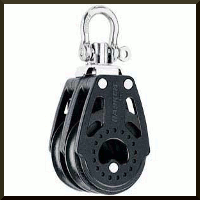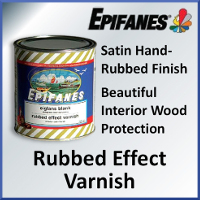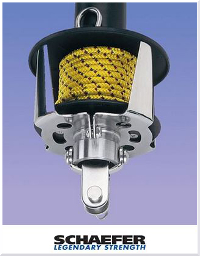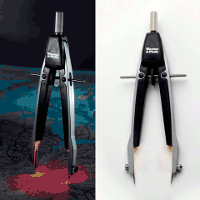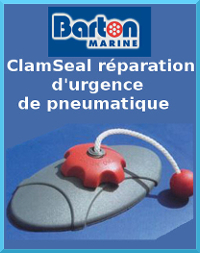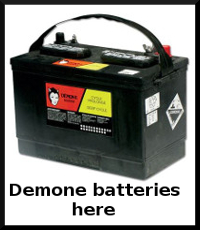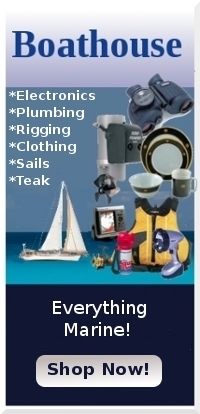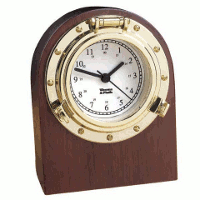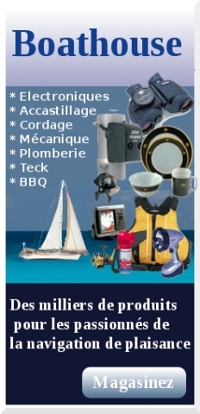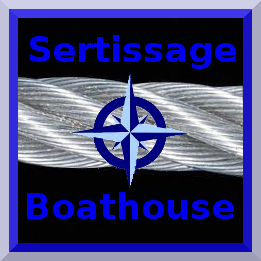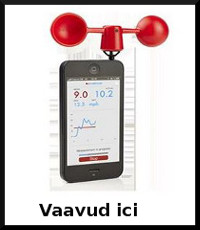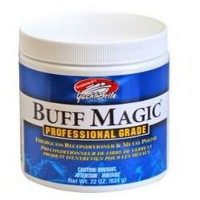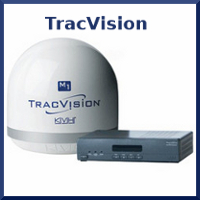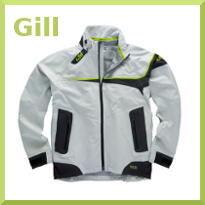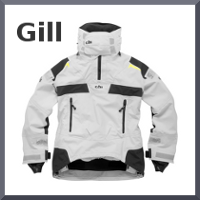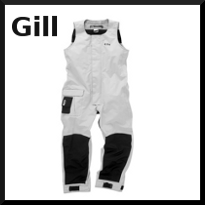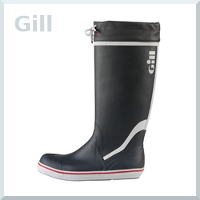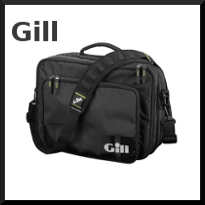|
|
|
1 |
Empty lockers of perishables. Also take off any cans or bottles containing liquids that could freeze. |
2 |
Clean out refrigerator, ice box and freezer. Block door open and leave an open box of baking soda inside to absorb odors. |
3 |
Remove sails, bimini, dodger and canvas, inspect and have repaired if necessary. Suggestions |
4 |
Check mast rigging. Make sure nothing was damaged during the season’s use, have damage repaired over the winter. Suggestions |
5 |
Check running rigging Make sure nothing was damaged during the season’s use, have damage repaired over the winter. Suggestions |
6 |
Furling systems: flush all open bearings with warm fresh water and lubricate. |
7 |
Service winches Product suggestions |
8 |
Remove compass |
9 |
Remove electronics |
10 |
Open lockers and drawers and hatches |
11 |
Prop up cushions keep them dry |
12 |
Install a dehumidifier in cabins and enclosed areas to help prevent mildew growth. Product suggestions |
13 |
Pump out holding tanks. |
14 |
Flush the toilet with antifreeze. Product suggestions |
15 |
Fill discharge and intake hoses with antifreeze. |
16 |
Empty shower sumps |
17 |
Drain the water heater |
18 |
Empty propane lines, light a burner on the galley stove and any other gas appliances–then turn off the manual valve on the propane tank. |
19 |
Remove bilge drain plug and make a note of where you have placed it. |
20 |
Make sure bilges are clean and dry |
21 |
Drain bait well and/or wash down pumps and hoses |
22 |
Lubricate and exercise the seacocks–all of them–before closing them for the winter |
23 |
Inspect and repair all electrical wiring and connections. Make sure nothing was damaged during the season’s use. |
24 |
Remove boat batteries and store in a cool dry place. Clean battery poles. Place batteries on a smart charger or charge them approximately once a month. |
25 |
Check all anodes and replace as necessary. Product suggestions |
26 |
Thoroughly wash the boat hull removing all stains, dirt or debris. Product suggestions |
27 |
Cover the boat with a fresh coating of wax. Product suggestions |
28 |
Remove the propeller and check thoroughly for damage. (Now is the time to replace or service a damaged propeller, Not at the start of the next season.) |
29 |
Clean the propeller shaft and apply a protective coating of grease. |
30 |
Check stuffing box packing and replace if necessary (inboards) Product suggestions |
31 |
Check cutlass bearing for wear and replace if necessary |
32 |
Change crankcase and gear case oil while engine is warm and run the motor afterwards to distribute fresh oil throughout the power head. Product suggestions |
33 |
Change oil filters. |
34 |
Change gas filters |
35 |
Flush the engine with fresh water and drain. (outboards) |
36 |
Circulate antifreeze through engine block and manifolds. (inboards) Product suggestions |
37 |
Drain vapor separator tank of fuel by drain screw (Fuel Injected Motors). |
38 |
On carburetted outboard motors, drain the carburetor float bowls. |
39 |
Change transmission fluid (Inboards). Product suggestions |
40 |
Change foot oil (outboards) Product suggestions |
41 |
Apply touch-up paint to engine as needed. |
42 |
Fog the engine by spraying fogging fluid into each of the carburetors or inlet manifold and turn the engine over a few times (without starting) to spread the oil over cylinder walls. Product suggestions |
43 |
Wipe down the engine with a shop towel sprayed with a little fogging oil. Product suggestions |
44 |
Check the motor for loose, broken or missing fasteners. Tighten fasteners and make necessary repairs. |
45 |
Perform a complete lubrication service on the boat and motor. Product suggestions |
46 |
Remove hoses from raw water pump. |
47 |
Check water pump impeller |
48 |
Drain water lift muffler. |
49 |
Fill permanently installed fuel tanks with fuel to prevent the formation of condensation. |
50 |
Add appropriate amount of fuel stabilizer to fuel tanks. Product suggestions |
51 |
Remove portable fuel tanks to safe, well-ventilated area. Drain plastic tanks and top-off metal tanks. Drain attached fuel lines. |
52 |
Place the trailer on stands or blocks so the wheels are supported off the ground. Raise the bow higher than the stern to promote draining of rainwater or snow. |
53 |
Remove trailer wheels to clean and repack the wheel bearings. |
54 |
Secure all hatches and ports. |
55 |
Inspect and caulk windows and hatches. Product suggestions |
56 |
Inspect and repair stanchions, grab- and handrails. |
57 |
Cover boat with a high-quality cover |
Disclaimer for boatshouse.ca.
The information articles provided is for general purposes only and intended to help you make better decisions about your boat and boating equipment. Such information is not intended to substitute for instructions from the manufacturer, dealer or marina about your specific boat or boating equipment and Boathouse specifically disclaims any liability for damage to your boat or equipment arising from your following these suggestions. For more details about your equipment or application, we suggest you contact the manufacturer of your boat or other equipment.
